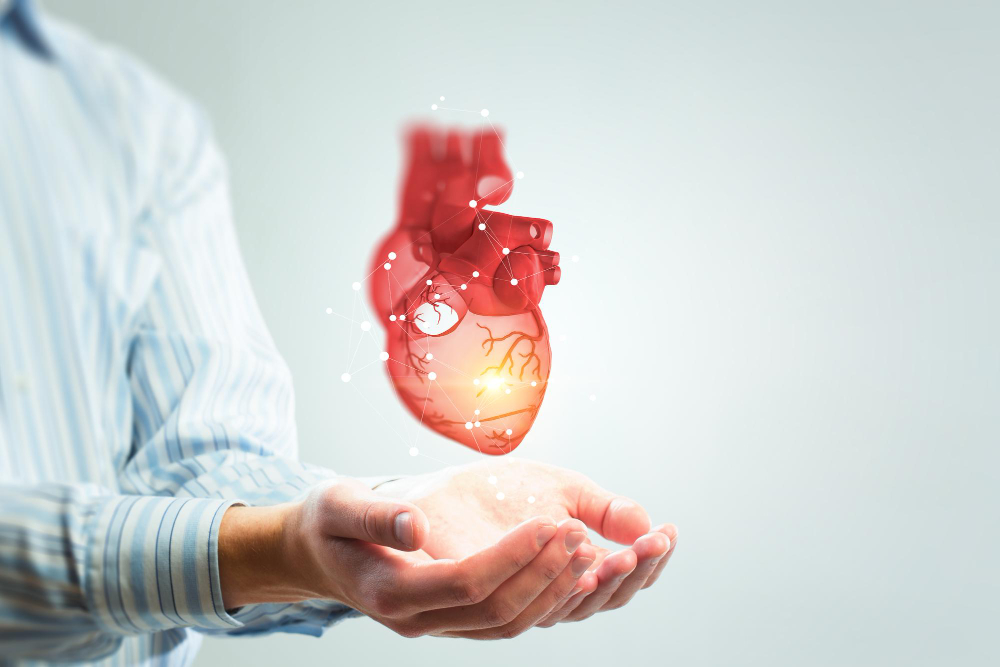Cardiac Rehab

Cardiac rehabilitation (cardiac rehab) is a medically supervised program designed to improve cardiovascular health for people who have experienced heart attacks, heart surgeries, heart failure, or other heart-related conditions. The primary goal of cardiac rehab is to reduce the risk of future heart problems, improve quality of life, and promote heart-healthy living.
Goals of Cardiac Rehab:
- Restore Physical Fitness: Improve cardiovascular fitness through structured exercise programs.
- Reduce Risk Factors: Address lifestyle factors like diet, smoking, and stress to lower the risk of future heart issues.
- Manage Heart Conditions: Provide education and support to help patients manage their heart conditions effectively.
- Enhance Quality of Life: Improve overall well-being and functional capacity.
Components of Cardiac Rehab:
- Medical Evaluation: Initial assessment to tailor the program to the patient’s specific needs, including a review of medical history, physical examination, and diagnostic tests.
- Exercise Training: Personalized exercise routines designed to strengthen the heart and improve endurance, including activities like walking, cycling, and strength training.
- Education: Information on heart-healthy living, including nutrition, weight management, medication adherence, and recognizing symptoms of heart issues.
- Nutritional Counseling: Guidance on maintaining a heart-healthy diet, managing weight, and controlling cholesterol and blood pressure levels.
- Lifestyle Modifications: Support for making positive lifestyle changes, such as quitting smoking, managing stress, and improving sleep habits.
- Psychosocial Support: Counseling and support groups to help patients cope with the emotional aspects of heart disease, including anxiety, depression, and stress.
Benefits of Cardiac Rehab:
- Improved Cardiovascular Fitness: Enhanced ability to perform physical activities and improved heart health.
- Reduced Symptoms: Decreased symptoms of heart disease, such as chest pain and shortness of breath.
- Lower Risk of Future Heart Problems: Reduced likelihood of subsequent heart attacks or procedures.
- Enhanced Quality of Life: Greater overall well-being, including mental and emotional health.
- Decreased Hospitalizations: Fewer hospital visits and shorter stays due to better disease management.
Approach and Setting:
Cardiac rehab programs are typically conducted in hospitals, outpatient clinics, or specialized rehabilitation centers. They involve a multidisciplinary team, including cardiologists, nurses, exercise physiologists, dietitians, and mental health professionals, working together to provide comprehensive care.

